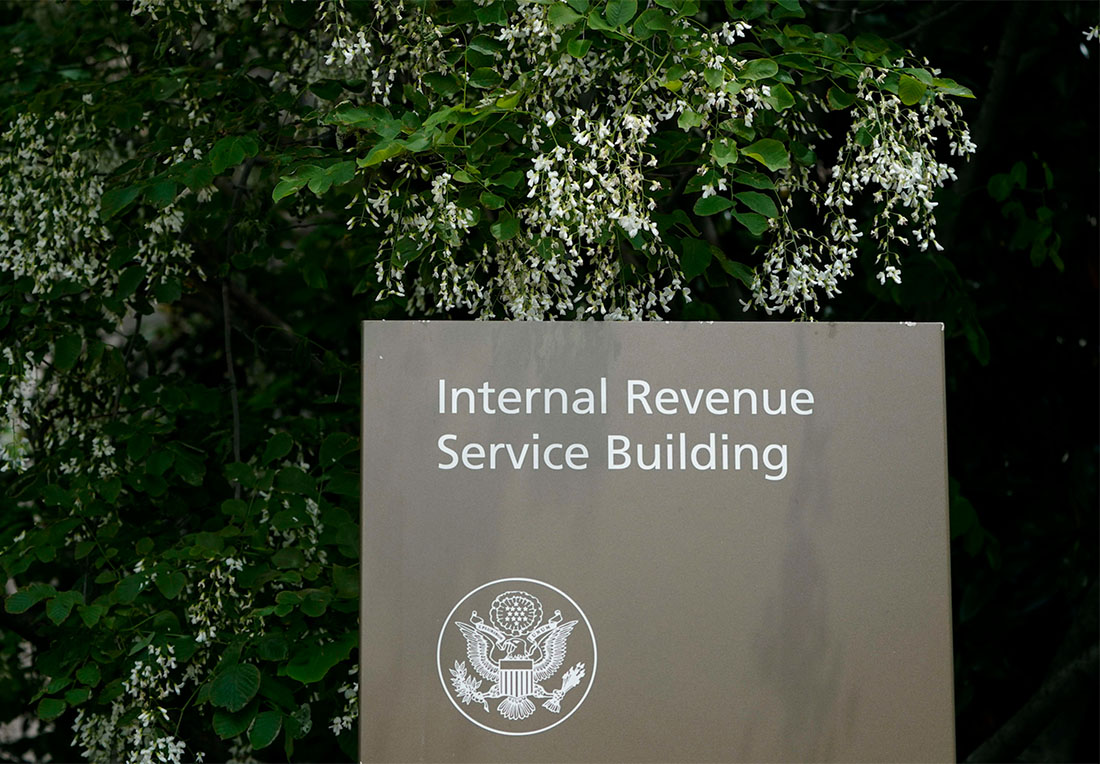Photo Credit: IRS
The Internal Revenue Service is setting its sights on a popular tax avoidance strategy utilized by many ultra-wealthy Americans, one that allows them to bypass paying billions in income taxes on inherited assets. Officials aim to close the "family partnership" loophole and potentially recover up to $50 billion from elite taxpayers over the next decade.
Under current laws, the wealthy can transfer cash, stock and real estate holdings into a family partnership while still maintaining control over the assets. Later, by removing small portions of their stake in the partnership, beneficiaries can vastly undervalue what's given to inheritors.
According to IRS data, Americans with assets topping $100 million use these partnership discount techniques to avoid more than $4 billion annually in income taxes on inherited wealth transfers. Over ten years, that lost revenue could swell beyond $50 billion.
"This is just the latest attempt by the superrich to exploit estate loopholes and dodge their fair share of taxes," said Frank Clemente, executive director of watchdog group Americans for Tax Fairness. "Multibillionaires shouldn't be allowed to game the system like this while working families play by the rules."
The new proposed regulation aims to prohibit grantors from claiming valuation discounts on partnership interests or corporate stock transfers, even if only a small stake is relinquished. Officials argue these are artificially constructed scenarios aimed at evading gift and estate taxes, undermining the integrity of the tax code.
"We are closing this loophole to make the system more equitable for all Americans," said IRS Commissioner Daniel Werfel. "Family partnerships shouldn't be used merely as tools to avoid taxes."
Conservative tax groups like Americans for Tax Reform blasted the IRS's proposal, calling it government overreach that will only foster more complexity in the tax code and subject family-run businesses to undue audits.
"Once again we see the IRS using Treasury regulations to accomplish what it cannot get from Congress," said Grover Norquist, the group's founder. "Slashing the wealth of family entrepreneurs is hardly the way to ignite economic growth."
While the crackdown on partnerships is just a proposal for now, the IRS estimates if finalized it could generate over $5.1 billion in additional revenue during the first full year of implementation alone. Around 80% of that extra tax liability would hit households with assets exceeding $100 million.
In the Treasury Department's own fiscal breakdown, they project closing the family partnership tax dodge would impact just 275 taxpayers by the year 2027, yet reap nearly $50 billion over a decade due to compounding growth and interest payments.
"When you have that level of extreme wealth concentration at the top, even closing one loophole can yield massive returns for public coffers in the long term," said Steve Wamhoff, director of tax policy at the Institute on Taxation and Economic Policy.
As Democrats intensify efforts to make the tax system fairer, plugging leaks exploited by legacy fortunes is becoming a top priority. The maneuver targeting family partnerships is the IRS's latest attempt to curb legal but aggressive tax avoidance strategies of the ultra-wealthy.


